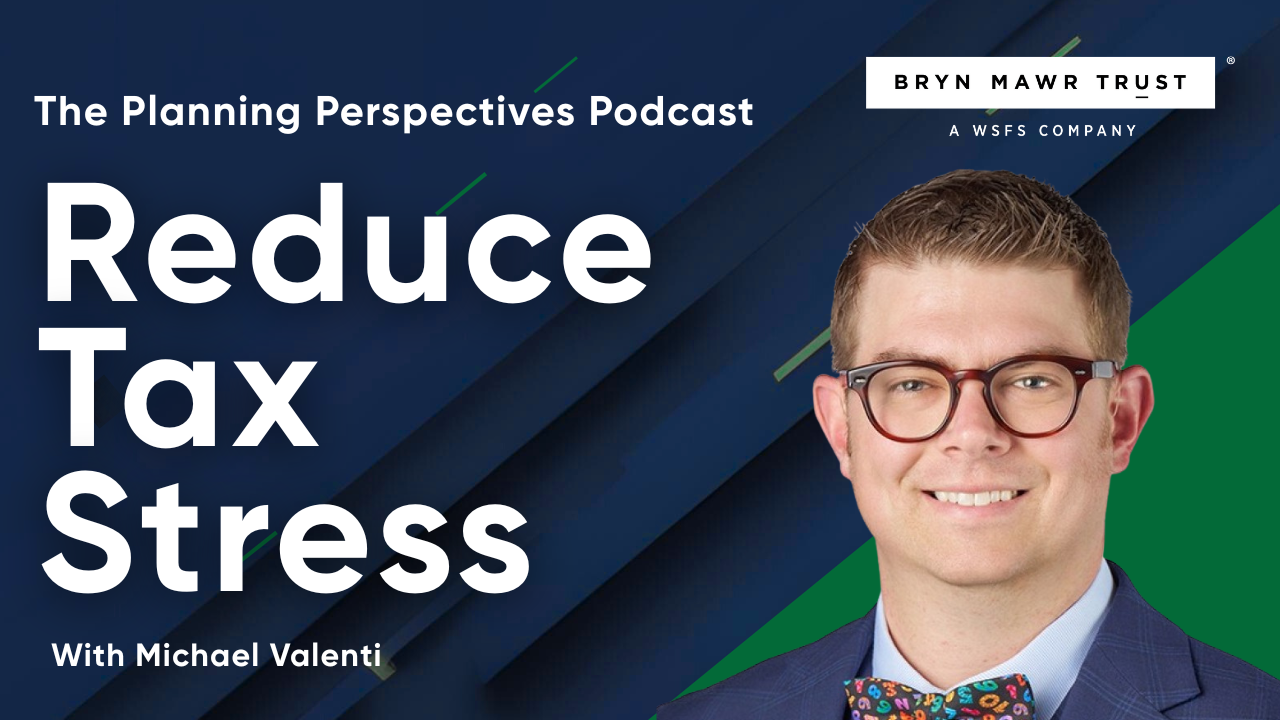Advisory Solutions: Transforming Offerings with Integrated Solutions

According to DeVoe and Company, 2024 saw the highest number of transactions in the RIA space (269), with Q4 recording the most reported deals ever (78) in a single quarter.1 Even Robinhood’s recent acquisition of TradePMR signals the strategic positioning among advisory firms. This massive migration to the independent RIA model, many of whom are transitioning from traditional, full-service models, signals significant advisory trends shaping wealth management solutions’ current and future state.
Cerulli Associates reports that approximately $84 trillion of the wealth will be passed on by 2045, mainly benefiting Gen X and millennial heirs.2 With an aging client and advisor population, the unfolding of the Great Wealth Transfer, and the expansion of advisor roles fueled by the client’s expectations and demands, advisors are at a crossroads facing numerous challenges to retain existing clients while simultaneously growing their practices and remaining relevant. Insurance firm Woodruff Sawyer summed it up perfectly: “Looking ahead at the investment advisory industry, three trends stand out: an increase in the number of investment advisors, expansion of investment firm services, and a growing population of trust clients.”3
Offering expanded services differentiates advisors by providing added value without increasing overhead. Where advisory firms may find gaps in their ability to provide comprehensive financial planning solutions like lending, deposit, estate, and trust services, they can partner with us instead of creating their own trust charters. Trusts can benefit many advisors by making the estate planning process more manageable, controlling assets in the long term, and, in some cases, minimizing taxes for the next generation.
Advisors work with us without fear of ceding control of client relationships, losing AUM, or lacking the requisite acumen required to navigate more complex trust situations, such as determining the best location for the trust or advising on trustee selection. Relying on local attorneys for trust services can be less effective since attorneys may refer clients elsewhere, so cutting out intermediaries streamlines operations and enhances client service.
Our approach is purely supplemental. We act as an extension of the advisory team to service clients’ needs in a specific and limited capacity, leaving the broad-based relationship and portfolio management to them to deepen their relationships with their clients, enhance the acquisition of new prospective clients, uphold client retention, and provide significant asset consolidation opportunities.
Client’s financial lives go beyond portfolio management and need to include banking, trust, and estate planning solutions as part of a comprehensive financial plan. Together, they create long-term wealth preservation that benefits advisors in the long run by maintaining relationships with beneficiaries when clients pass away or transfer assets into trusts. Today’s clients expect an all-in-one experience where their financial professionals coordinate and communicate. Those advisors who partner with third-party providers to offer trust and estate planning services will take the lead on this next big trend.
To explore partnership opportunities with us, contact me at 610.535.4538 or [email protected].
1 2024 Sets a Record for RIA Deal Activity, December 19, 2024, Press Releases — DeVoe & Co.
2 https://www.cnbc.com/2024/10/24/great-wealth-transfer.html
3 The Impact of Current Trends on Investment Firm Risk Management | Woodruff Sawyer
Begin your journey
Have questions?
Speak with an financial expert.







